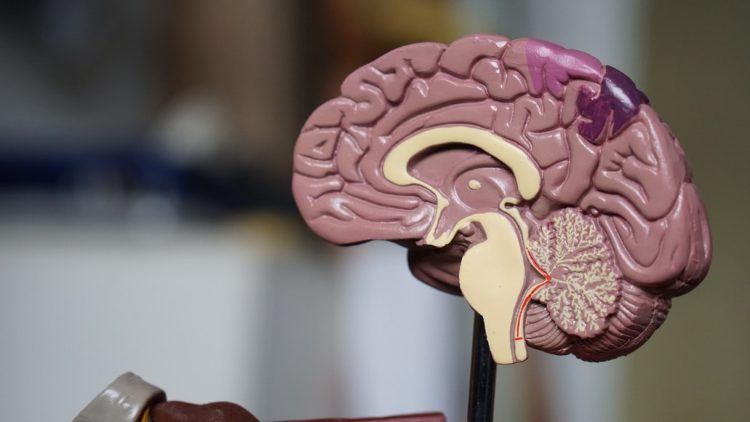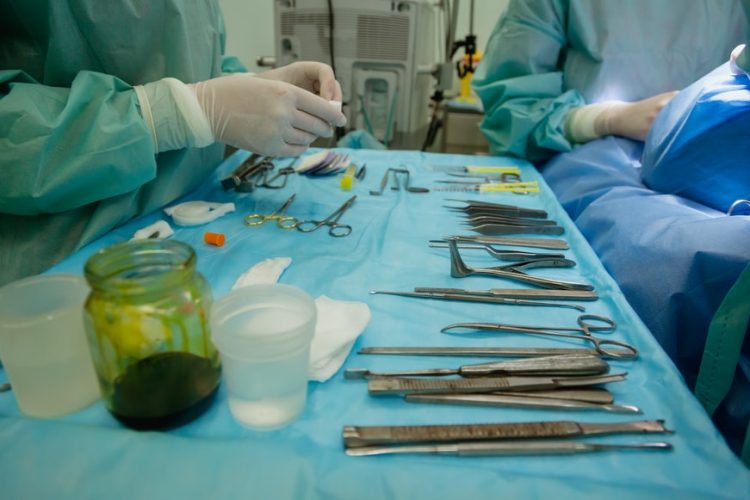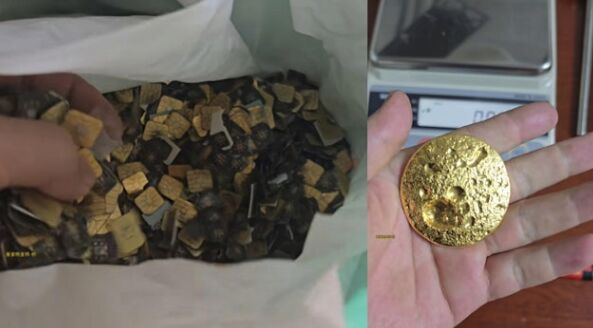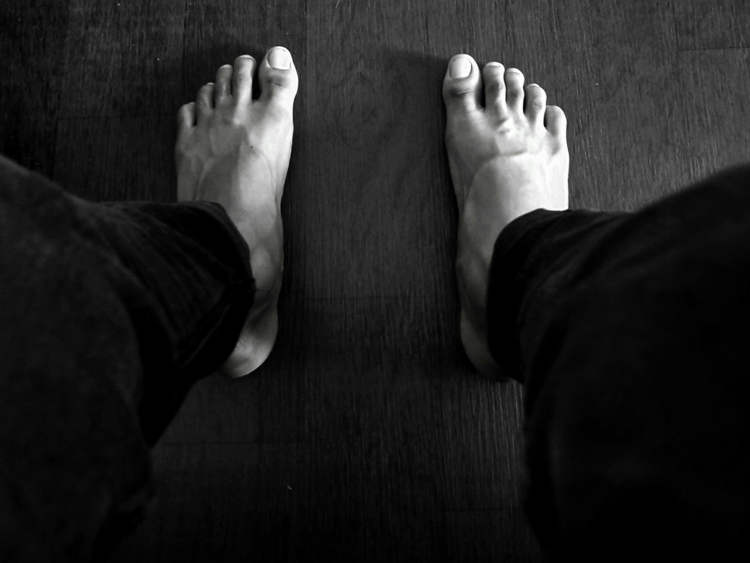A woman who had exhausted all other options of treating her depression claims her life has become infinitely better since having a matchbox-sized implanted into her skull.
Having holes drilled into your skull and electrical wires connected directly to your brain sounds like a daunting proposition for most people, but for Sarah, a 36-year-old woman who had been battling depression for years, it was a desperate attempt to get back to a normal life. For years, she had been battling severe depression, and all other treatments, including anti-depressants and electroconvulsive therapy, had failed. Anything was better than the darkness she had been experiencing, and getting a brain implant proved a winning bet, as she has now been depression-free for over a year.

Photo: Gerd Altmann/Pixabay
“I had exhausted all possible treatment options,” Sarah told the BBC. “My daily life had become so restricted. I felt tortured each day. I barely moved or did anything. When I was in the depths of depression all I saw is what was ugly.”
But when the implant was turned on for the first time, everything changed. It all started with a day-long surgery that involved drilling holes into her skull through which electrical wires were connected directly to her brain. The unit containing the battery and the pulse generator was tucked into the bone, right under her scalp.
“We found one location, which is an area called the ventral striatum, where stimulation consistently eliminated her feelings of depression,” researcher Dr. Katherine Scangos said. “And we also found a brain activity area in the amygdala that could predict when her symptoms were most severe.”

Photo: Robina Weermeijer/Unsplash
Sarah’s implant is technically always on, but it constantly monitors her brain activity and only delivers an electrical impulse when it senses that she needs it. The woman says that she can’t feel the impulse, but she can generally tell that it happened within 15 minutes, as it makes her feel more alert, energetic, and more positive.
“When the implant was first turned on, my life took an immediate upward turn,” Sarah claims. “My life was pleasant again. Within a few weeks, the suicidal thoughts disappeared. The device has kept my depression at bay, allowing me to return to my best self and rebuild a life worth living.”
Sarah is the first person to ever be fitted with this sort of brain implant, and despite her case being considered a success, it is not a demonstration of efficacy. Doctors are now trying to recruit new volunteers for similar procedures, in hopes of finding a new treatment for depression.

Photo: Olga Kononenko/Unsplash
“Although this kind of highly invasive surgical procedure would only ever be used in the most severe patients with intractable symptoms, it is an exciting step forward due to the bespoke nature of the stimulation,” Prof. Jonathan Roiser, a neuroscience expert at University College London, said.













